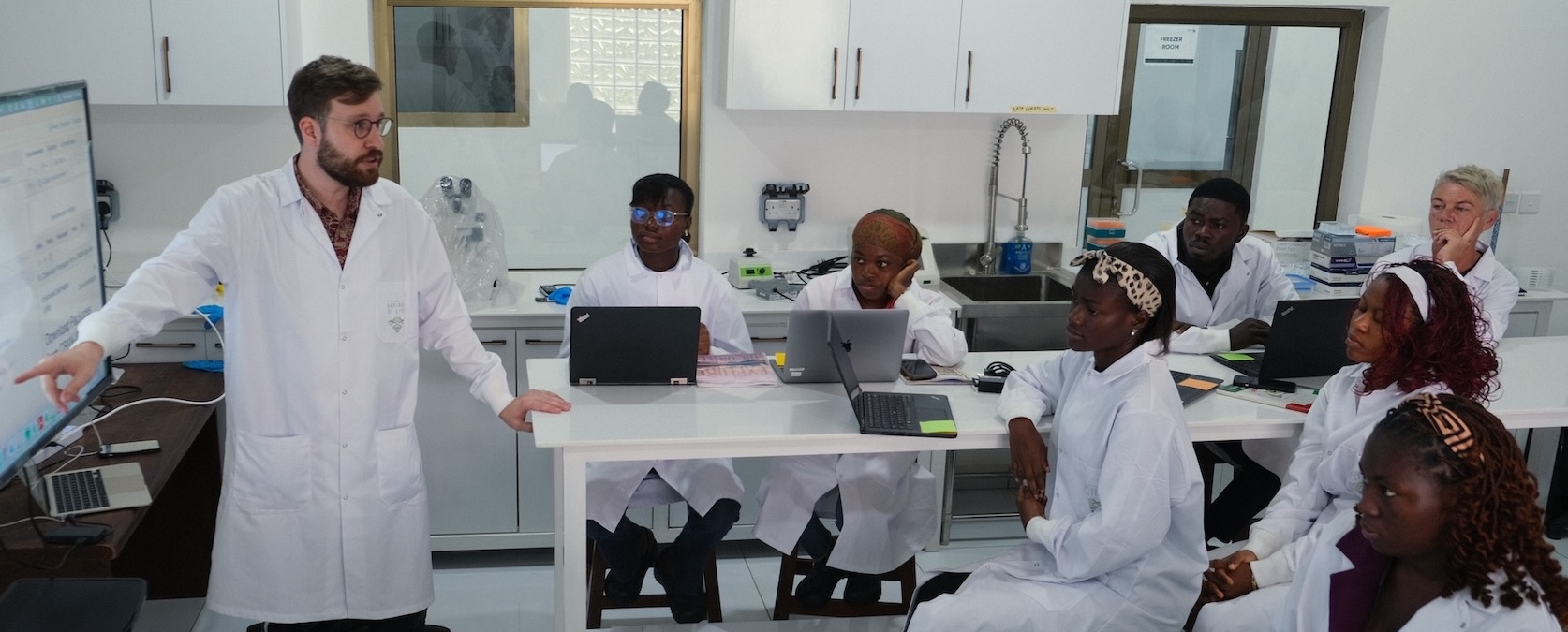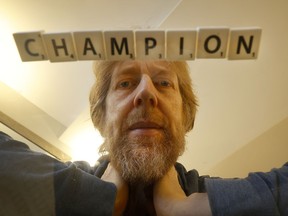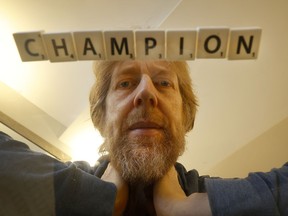Science
University of Guelph Experts Boost DNA Research in Peru and Ghana

Scientists from the University of Guelph’s Centre for Biodiversity Genomics (CBG) recently traveled to Peru and Ghana to share essential DNA barcoding techniques with emerging researchers. This initiative, which took place in March 2024, focused on enhancing the capacity of scientists in these regions to identify and document the vast biodiversity that exists in the Global South.
Founded by Dr. Paul Hebert, the CBG houses the world’s largest DNA library, containing over 15 million specimens. While this collection represents a significant achievement in biodiversity research, the facility acknowledges that a large portion of Earth’s species remains unidentified. The recent outreach efforts aimed to change that by equipping local scientists with the skills needed to use DNA barcoding for species identification.
During their time in Peru, the CBG team provided comprehensive training to graduate students and selected delegates. The workshop covered the entire DNA barcoding workflow, including field collection, DNA extraction, polymerase chain reaction (PCR), sequencing, data curation, visualization, and analysis. This hands-on approach was designed to empower participants by teaching them how to employ advanced techniques in their own research.
Dr. Ken Thompson, an evolutionary ecologist at CBG, emphasized the importance of building scientific capacity in regions where biodiversity is most abundant. “As much of the world’s biodiversity lies in the Global South, it is critical that we build scientific capacity in these nations,” he stated. The training was made possible through the development of new sequencing technologies and an integrated suite of software and chemware known as ONTOLOGY.
The initiative is part of the International Barcode of Life consortium (iBOL), which collaborates with researchers across 40 countries to create a comprehensive inventory of life on Earth. “Through education, the CBG is building capacity and strengthening global biodiversity research, empowering the next generation of scientists to better understand, document, and protect the natural world,” Thompson added.
In Ghana, Dr. Spencer Monckton, the taxonomy lead at CBG, collaborated with Dr. Michelle van der Bank and her team from the University of Johannesburg to train 35 participants, including students, researchers, and government officials from Côte d’Ivoire, Ghana, and Guinea. Monckton noted, “The reality across much of Africa is that molecular biology is far less accessible than we’re used to in the West. One of our primary objectives was to bridge that gap.”
Participants engaged in lectures and practical training, focusing on how to utilize DNA barcoding technology effectively. This method enhances the speed and accuracy of species identification, making it a valuable tool for biodiversity research.
Thompson, who is part of CBG’s innovation team, highlighted the enthusiasm of the participants. “These participants had serious drive; they would ask for homework and were often working late into the night. They were eager to learn.” The training included hands-on projects where students analyzed specimens from their ongoing research. The CBG team worked with a variety of species, including insects and plankton, which were provided by the participants.
By the end of the program, each participant completed a project analyzing their data and presented their findings. “If you pair the right instructor and the right student, there are fewer things that could be more impactful or meaningful,” Thompson remarked.
Monckton echoed this sentiment, noting the creativity and enthusiasm of the participants when introduced to new tools. “When you introduce people to new tools, they can’t wait to put them to work in all kinds of creative ways. It’s exciting to see the positive impact of our work unfold in real time.”
Before concluding their trip, Monckton and Thompson offered ongoing support to participants for their analyses and future learning. Many have already reached out for assistance, and the team plans to maintain relationships with both the Ghanaian and Peruvian participants, who are expected to visit CBG for further collaboration.
Thompson expressed the rewarding nature of these educational efforts. “There is so much interest in what we do at CBG. It is extremely rewarding. Education really is a life-changing opportunity for people.”
-

 Politics4 weeks ago
Politics4 weeks agoSecwepemc First Nation Seeks Aboriginal Title Over Kamloops Area
-

 World5 months ago
World5 months agoScientists Unearth Ancient Antarctic Ice to Unlock Climate Secrets
-

 Entertainment5 months ago
Entertainment5 months agoTrump and McCormick to Announce $70 Billion Energy Investments
-

 Science5 months ago
Science5 months agoFour Astronauts Return to Earth After International Space Station Mission
-

 Lifestyle5 months ago
Lifestyle5 months agoTransLink Launches Food Truck Program to Boost Revenue in Vancouver
-

 Technology3 months ago
Technology3 months agoApple Notes Enhances Functionality with Markdown Support in macOS 26
-

 Lifestyle3 months ago
Lifestyle3 months agoManitoba’s Burger Champion Shines Again Amid Dining Innovations
-

 Top Stories2 months ago
Top Stories2 months agoUrgent Update: Fatal Crash on Highway 99 Claims Life of Pitt Meadows Man
-

 Politics4 months ago
Politics4 months agoUkrainian Tennis Star Elina Svitolina Faces Death Threats Online
-

 Sports5 months ago
Sports5 months agoSearch Underway for Missing Hunter Amid Hokkaido Bear Emergency
-

 Politics5 months ago
Politics5 months agoCarney Engages First Nations Leaders at Development Law Summit
-

 Technology5 months ago
Technology5 months agoFrosthaven Launches Early Access on July 31, 2025



















